How Reliable Are Wifi Outdoor Seurity Camera ?
WiFi outdoor security cameras can vary in terms of reliability depending on the brand, model, and specific features. Generally, these cameras are designed to be weatherproof and capable of withstanding outdoor conditions. However, factors such as signal strength, interference, and distance from the WiFi router can affect the reliability of the camera's connection. It is important to choose a reputable brand and ensure that the camera has a strong and stable WiFi signal in the intended installation location. Additionally, regularly updating the camera's firmware and ensuring a secure WiFi network can help enhance reliability.
1、 Signal Strength and Range
The reliability of WiFi outdoor security cameras depends on various factors, with signal strength and range being crucial considerations. WiFi cameras rely on a stable and strong wireless connection to transmit video footage and receive commands from the user.
Signal strength refers to the intensity of the WiFi signal received by the camera. A strong signal ensures a stable connection and minimizes the chances of video lag or disconnection. However, the reliability of signal strength can be affected by various factors such as distance from the router, obstacles like walls or trees, and interference from other electronic devices.
Range refers to the distance over which the WiFi signal can effectively reach the camera. The range of WiFi cameras can vary depending on the specific model and the quality of the wireless router. Generally, outdoor WiFi cameras have a longer range compared to indoor ones, as they are designed to cover larger areas. However, it is important to note that the range can be affected by environmental factors such as weather conditions and physical obstructions.
In recent years, advancements in WiFi technology have improved the reliability of outdoor security cameras. The latest WiFi standards, such as 802.11ac or WiFi 6, offer faster speeds and better range, allowing for more reliable connections. Additionally, some cameras now feature dual-band WiFi, which can operate on both 2.4GHz and 5GHz frequencies, providing more options for stable connections.
To ensure the reliability of WiFi outdoor security cameras, it is recommended to place the camera within a reasonable range of the wireless router and minimize obstructions. Additionally, using a high-quality wireless router and keeping it updated with the latest firmware can also improve the reliability of the camera's connection.
Overall, while WiFi outdoor security cameras can provide reliable surveillance, it is important to consider signal strength and range when choosing a camera and setting up the network. Keeping up with the latest advancements in WiFi technology can also help ensure a more reliable connection.
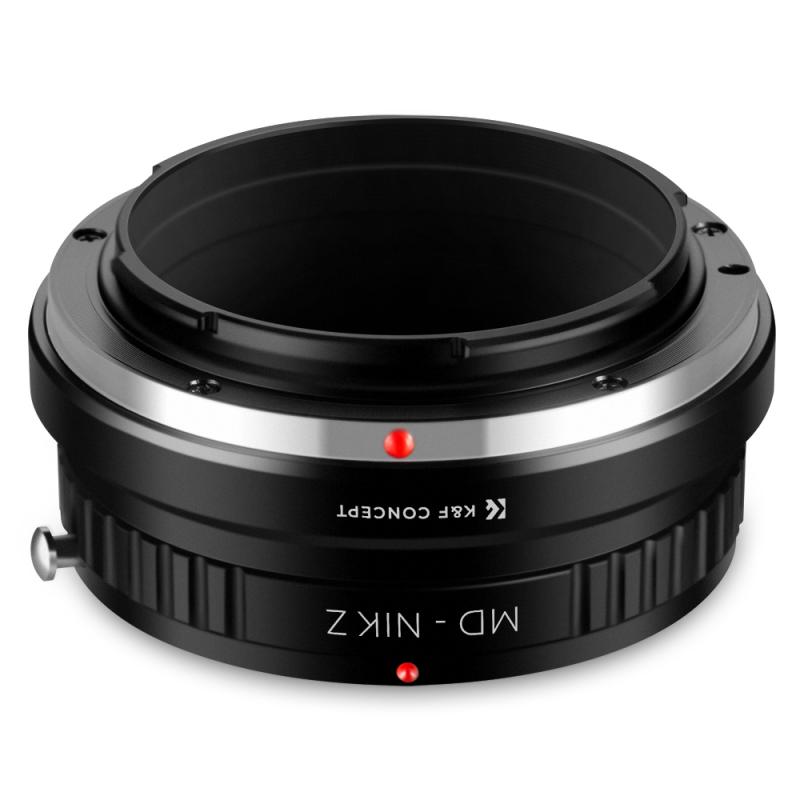
2、 Weather Resistance and Durability
Wifi outdoor security cameras can be reliable when it comes to weather resistance and durability, but it ultimately depends on the specific camera model and brand. Many outdoor security cameras are designed to withstand various weather conditions, including rain, snow, and extreme temperatures. They are often built with weatherproof housing and sealed enclosures to protect the internal components from moisture and dust.
However, it is important to note that not all wifi outdoor security cameras are created equal. Some may have better weather resistance and durability than others. It is crucial to research and choose a camera that is specifically designed for outdoor use and has a high IP (Ingress Protection) rating. The IP rating indicates the camera's ability to withstand dust and water intrusion. Look for cameras with an IP65 or higher rating for optimal weather resistance.
Additionally, advancements in technology have led to the development of more robust and durable outdoor security cameras. Some cameras now come with features like vandal-proof housing, impact-resistant materials, and advanced heat dissipation systems to ensure longevity and reliability in harsh outdoor environments.
It is also worth considering the installation location and exposure to elements. Cameras installed in areas with direct sunlight or heavy rain may require additional protection, such as sunshades or rain covers, to enhance their durability.
In conclusion, wifi outdoor security cameras can be reliable in terms of weather resistance and durability, especially when choosing a camera specifically designed for outdoor use and with a high IP rating. However, it is essential to research and select a reputable brand and model that meets your specific needs and environmental conditions.
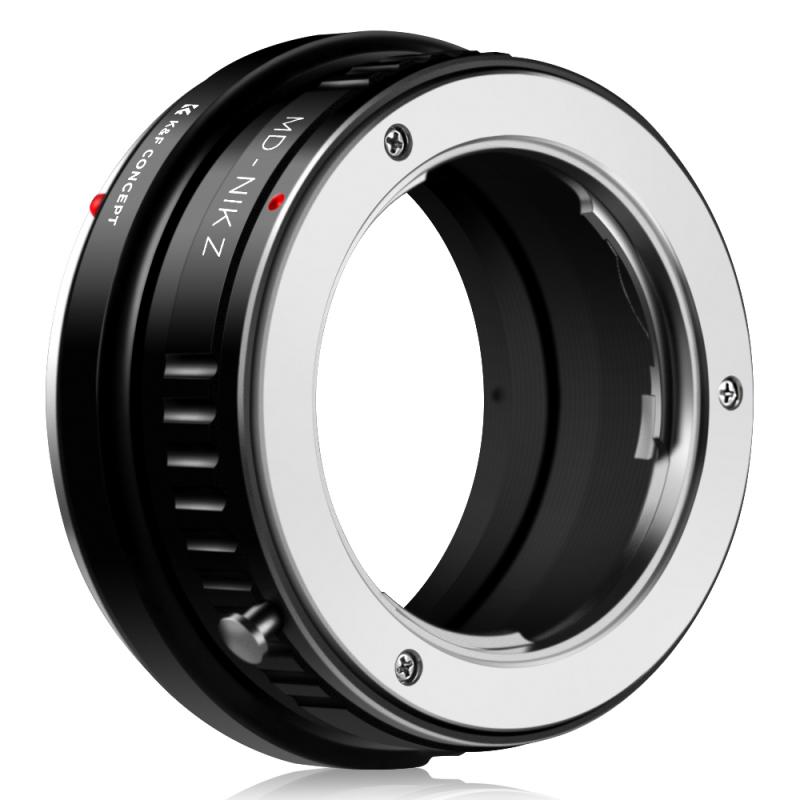
3、 Power Source and Battery Life
How reliable are WiFi outdoor security cameras in terms of power source and battery life? WiFi outdoor security cameras are generally reliable in terms of power source and battery life, but there are a few factors to consider.
Firstly, the power source of WiFi outdoor security cameras can vary. Some cameras are powered by a direct electrical connection, while others are battery-powered. Cameras that are directly connected to an electrical source tend to be more reliable in terms of power supply, as they do not rely on batteries that may need to be replaced or recharged. However, they may be limited in terms of placement options, as they need to be located near an electrical outlet.
Battery-powered WiFi outdoor security cameras offer more flexibility in terms of placement, as they can be installed in areas without access to electrical outlets. However, the reliability of these cameras depends on the battery life. The battery life of WiFi outdoor security cameras can vary greatly depending on factors such as camera usage, video quality, and motion detection settings. It is important to choose a camera with a long battery life or consider additional battery packs or solar panels for extended power supply.
In recent years, advancements in technology have led to improvements in battery life for WiFi outdoor security cameras. Many cameras now offer longer battery life and more efficient power management systems. Additionally, some cameras have features such as low-power standby modes or motion-activated recording, which help conserve battery life.
Overall, WiFi outdoor security cameras can be reliable in terms of power source and battery life, but it is important to choose a camera that suits your specific needs and consider factors such as power supply options and battery life when making a purchase.
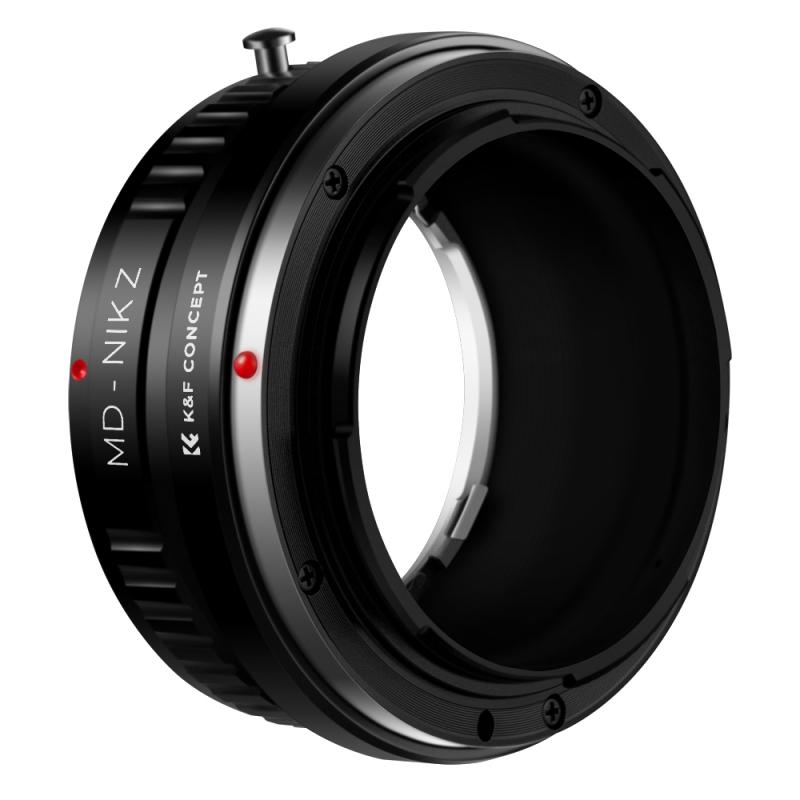
4、 Video Quality and Resolution
How reliable are WiFi outdoor security cameras in terms of video quality and resolution? WiFi outdoor security cameras have come a long way in terms of video quality and resolution, making them a reliable option for monitoring and securing outdoor spaces.
In recent years, advancements in technology have allowed WiFi outdoor security cameras to offer high-definition video quality and resolution. Many cameras now provide 1080p or even 4K resolution, which ensures clear and detailed footage. This is particularly important for outdoor surveillance, as it allows for better identification of people or objects in the footage.
Furthermore, WiFi outdoor security cameras often come equipped with features such as night vision and wide-angle lenses, which enhance the video quality and provide a broader field of view. Night vision allows the cameras to capture clear footage even in low-light conditions, while wide-angle lenses ensure that a larger area is covered, reducing blind spots.
However, it is important to note that the reliability of WiFi outdoor security cameras in terms of video quality and resolution can vary depending on factors such as the camera brand, model, and the strength of the WiFi signal. A strong and stable WiFi connection is crucial for ensuring smooth video streaming and preventing lag or buffering issues.
Additionally, the placement of the camera is also important. WiFi outdoor security cameras should be positioned in a way that minimizes obstructions and interference, such as walls or large objects, which can affect the video quality and signal strength.
Overall, WiFi outdoor security cameras have become increasingly reliable in terms of video quality and resolution. With the latest advancements in technology, they offer high-definition footage, night vision capabilities, and wide-angle lenses, making them a valuable tool for outdoor surveillance. However, it is important to consider factors such as the camera brand, WiFi signal strength, and proper placement to ensure optimal performance.
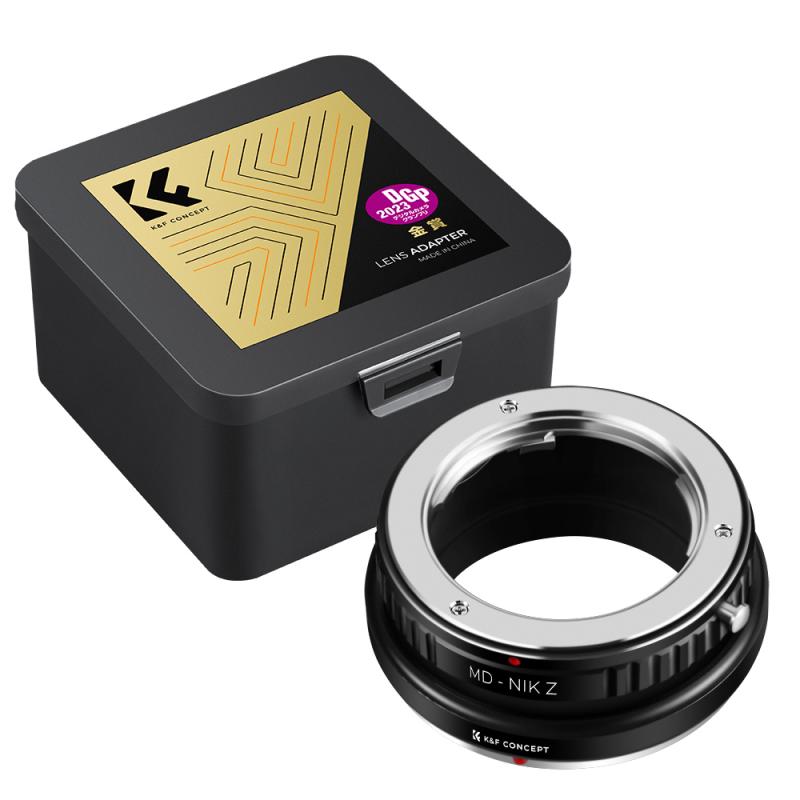

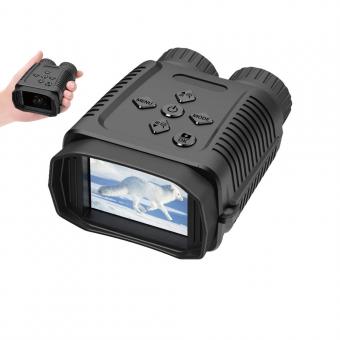



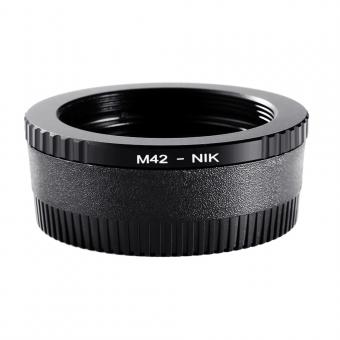





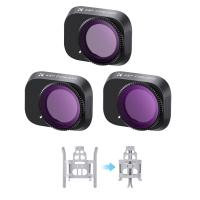

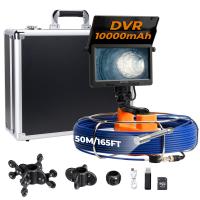
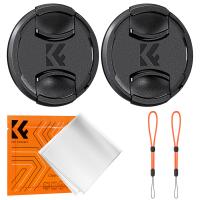
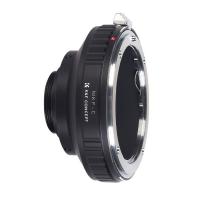


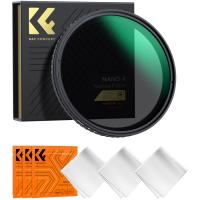
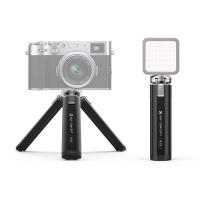


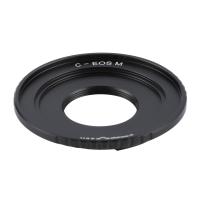




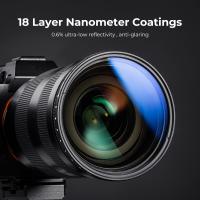



There are no comments for this blog.